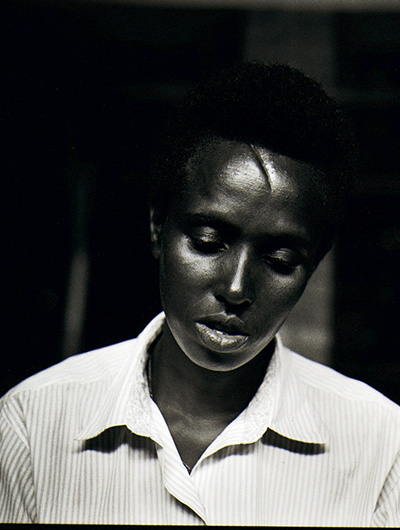
Memory and justice
Testifying and Judging
To fill a glaring lack of human and material resources, the new government begins the construction of a new judicial system capable of managing an exponential number of arrests that feed an unparalleled flow of prisoners piling up in detention centers. The material impossibility to judge individually such a large mass of suspects leads the Rwandan leaders to establish, from 2001, people’s courts of traditional inspiration, the
In 10 years, these local courts run by judges elected in their communities have heard nearly 2 million cases and sentenced 800,000 people for their direct involvement in killings and rapes.
At the international level, the United Nations is endeavouring to describe the nature of the massacres by establishing the International Criminal Tribunal for Rwanda (ICTR), whose headquarters are located in Arusha, Tanzania. In the various trials conducted by the ICTR, priority is given to the instigators of genocide from political, military, religious and media spheres.
A large number of criminals having fled abroad at the time of the Hutu debacle, the mechanism of "universal jurisdiction" also leads a certain number of States, notably in Europe, to judge alleged criminals.




